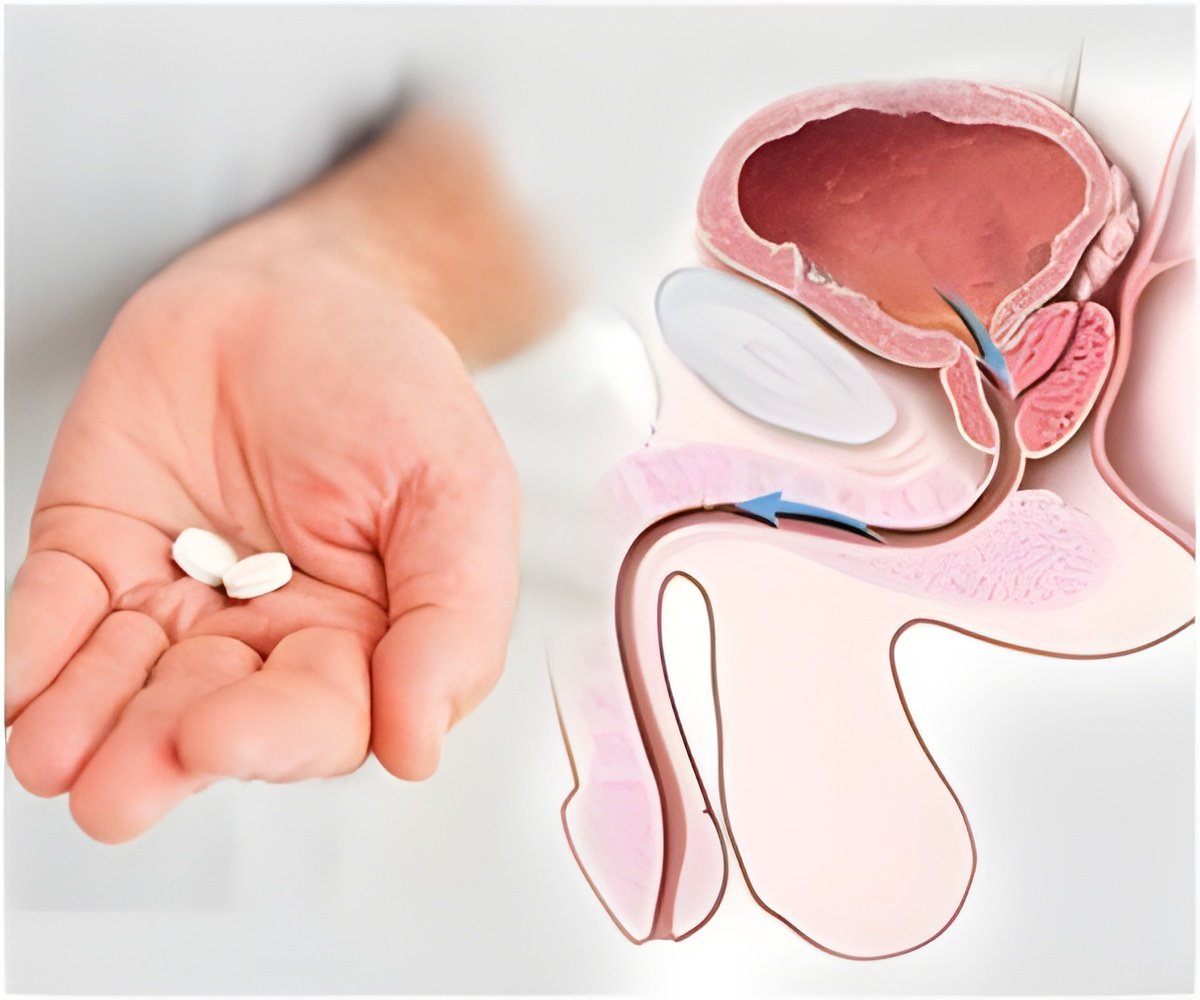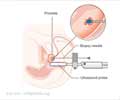Men with low levels of the male sex hormone testosterone need not fear that testosterone replacement therapy will increase their risk of prostate cancer.

‘Men prescribed testosterone for longer than a year had no overall increase in risk of prostate cancer. In fact, their risk of aggressive disease is reduced by 50%.’





Men with low levels of the male sex hormone testosterone need not fear that testosterone replacement therapy will increase their risk of prostate cancer. This is the finding of an analysis of more than a quarter-million medical records of mostly white men in Sweden, research led by investigators at NYU Langone Medical Center and its Laura and Isaac Perlmutter Cancer Center. In the study, researchers found that, as a group, men prescribed testosterone for longer than a year had no overall increase in risk of prostate cancer and, in fact, had their risk of aggressive disease reduced by 50%.
"Based on our findings, physicians should still be watching for prostate cancer risk factors - such as being over the age of 40 years, having African-American ancestry, or having a family history of the disease - in men taking testosterone therapy, but should not hesitate to prescribe it to appropriate patients for fear of increasing prostate cancer risk," says lead study investigator and NYU Langone urologist Stacy Loeb.
Loeb points out that much of the concern over cancer risk is that, as part of standard therapy for advanced prostate cancer, tumor growth is decreased by drugs that drastically reduce rather than increase male hormones. "But when used appropriately by men with age-related low testosterone who are otherwise healthy, testosterone replacement has been shown to improve sexual function and mood."
Specifically, the current study found that 38,570 of the men whose records were examined developed prostate cancer between 2009 and 2012. Of these men, 284 had prescriptions for testosterone replacement therapy before they were diagnosed with prostate cancer. Their records were compared with 192,838 men who did not develop prostate cancer, of whom 1,378 had used testosterone therapy.
Advertisement
"Overall, our study suggests that what is best for men's health is to keep testosterone levels balanced and within a normal range," says Loeb, who suggests that men with testosterone levels below 350 nanograms per deciliter and symptoms should seek medical advice about whether they should consider testosterone therapy.
Advertisement
Loeb says the team next plans further studies to determine why low testosterone levels might trigger aggressive prostate cancer and why maintaining normal levels may protect against aggressive disease.
Source-Newswise









![Prostate Specific Antigen [PSA] Prostate Specific Antigen [PSA]](https://www.medindia.net/images/common/patientinfo/120_100/prostate-specific-antigen.jpg)





